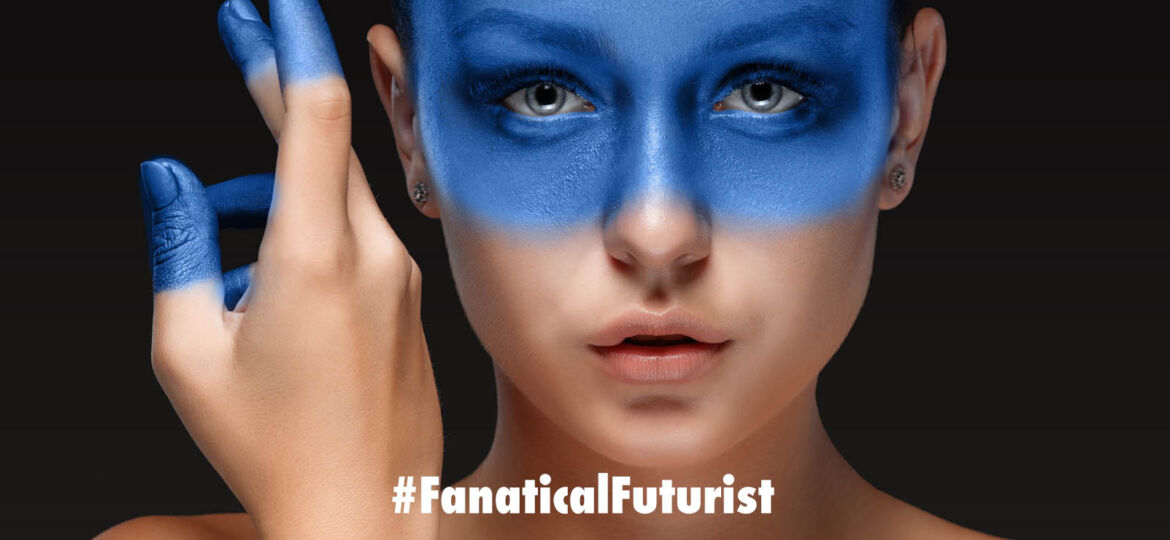
WHY THIS MATTERS IN BRIEF
If AI can create the images, videos, and content you need then why do you, or Shutterstock, need human artists and photographers? Clue… you don’t, and that’s freaking people out.
 Love the Exponential Future? Join our XPotential Community, future proof yourself with courses from XPotential University, read about exponential tech and trends, connect, watch a keynote, or browse my blog.
Love the Exponential Future? Join our XPotential Community, future proof yourself with courses from XPotential University, read about exponential tech and trends, connect, watch a keynote, or browse my blog.
As I’ve presented on and written on many times over the past bunch of years Artificial Intelligence (AI) has been getting better and better at creating synthetic content – everything from books and podcasts to images and videos – and now jumping on that trend photo licensing service Shutterstock has said it will begin selling images generated by AI alongside those created by humans. The AI images will be powered exclusively by OpenAI’s DALL-E 2 software. Both companies say that human creators whose work inspired the AI will be compensated, but one artist describes the move as “sewer water leak into the drinking supply.”
Shutterstock was one of several photo agencies that began removing AI-generated art from their archives last month. A Shutterstock spokesperson told CNN that the company would continue to ban people generally from uploading AI-generated art to its platform, but that its collaboration with OpenAI was an attempt to embrace new technology in an ethical way. The two companies will also launch what the Shuttershock spokesperson called the Shutterstock Contributor Fund to “compensate artists for their contributions” and provide royalties when their intellectual property (IP) is used. However, how this will work when AI made art starts swamping their system remains unclear.
The Future of Synthetic Content, by Futurist Matthew Griffin
“When the work of many contributed to the creation of a single piece of AI-generated content, we want to ensure that the many are protected and compensated (instead of allowing an individual to generate and take full credit for that content),” they said.
OpenAI didn’t respond to a request for comment, but the Shutterstock spokesperson said that a deal had been struck in which the AI that produces the pictures has been trained only on images from Shutterstock’s archives, rather than on content found elsewhere online.
Contributors whose work was used to train the models will receive a share of royalties from AI sales, said the Shutterstock spokesperson, but they didn’t say what percentage of revenue would go to contributors or how the contributions would be divided. It is often difficult to determine what input data was referenced to create any one piece of output.
Adrian Alexander Medina, editor of literary website and magazine Aphotic Realm and a creator of book covers, says he has lost three potential clients to AI-generated art since the start of October. He disagrees with Shutterstock selling AI-generated art and believes it risks ostracising photographers and illustrators.
“I work a lot with photo manipulation art. I pay fees for licensing and use completely royalty-free images. If websites like Shutterstock and others that offer licensed assets for graphic design use start allowing AI into their libraries, it’ll be akin to having sewer water leak into the drinking supply,” he says.
He is also sceptical of the company’s scheme to disperse revenue to artists from AI image sales.
“I think it’s a feeble attempt to justify the stealing of millions if not billions of IPs that make up AI generated art,” he says. But, despite his and others doubts and protestations, the only thing that’s clear is that Shutterstock, as well as other stock image sites who have already embraced AI-generated images, will continue to expand their offerings.

















[…] while ago I wrote an article about how Generative Artificial Intelligence (GAI) and AI’s that create synthetic content such as […]